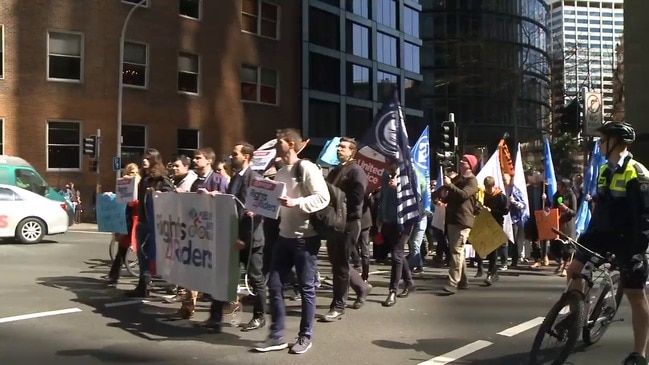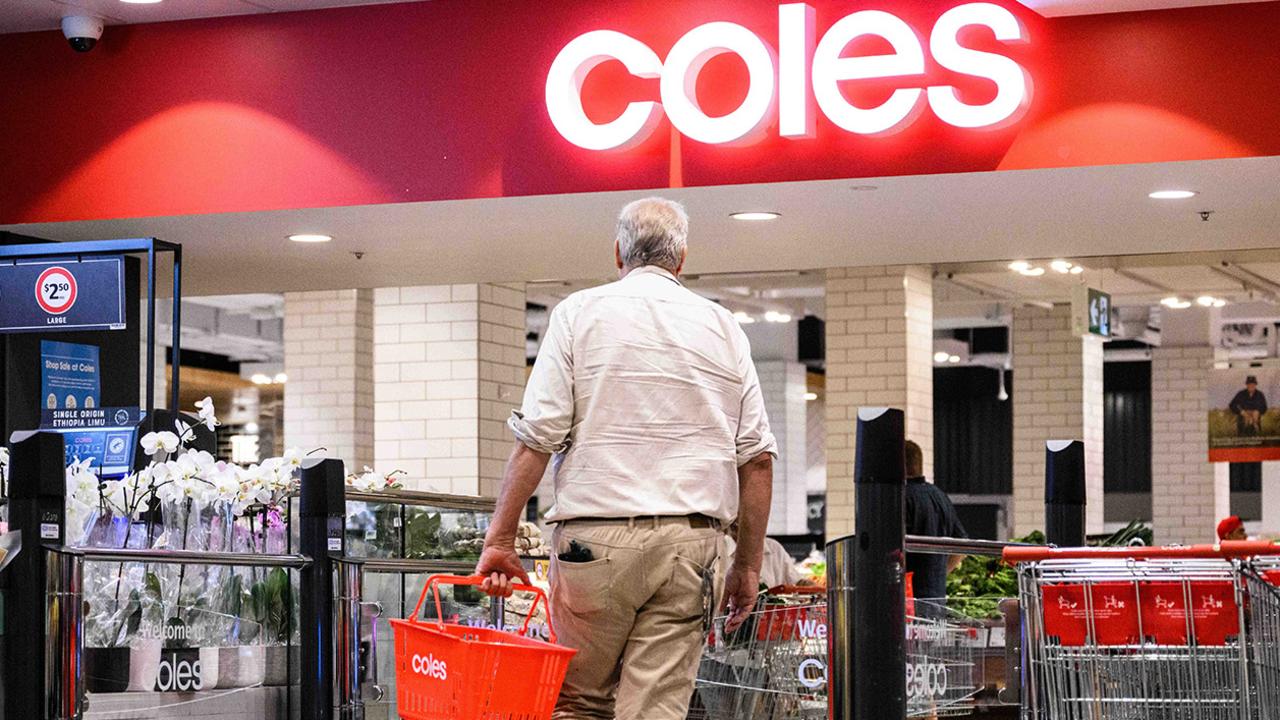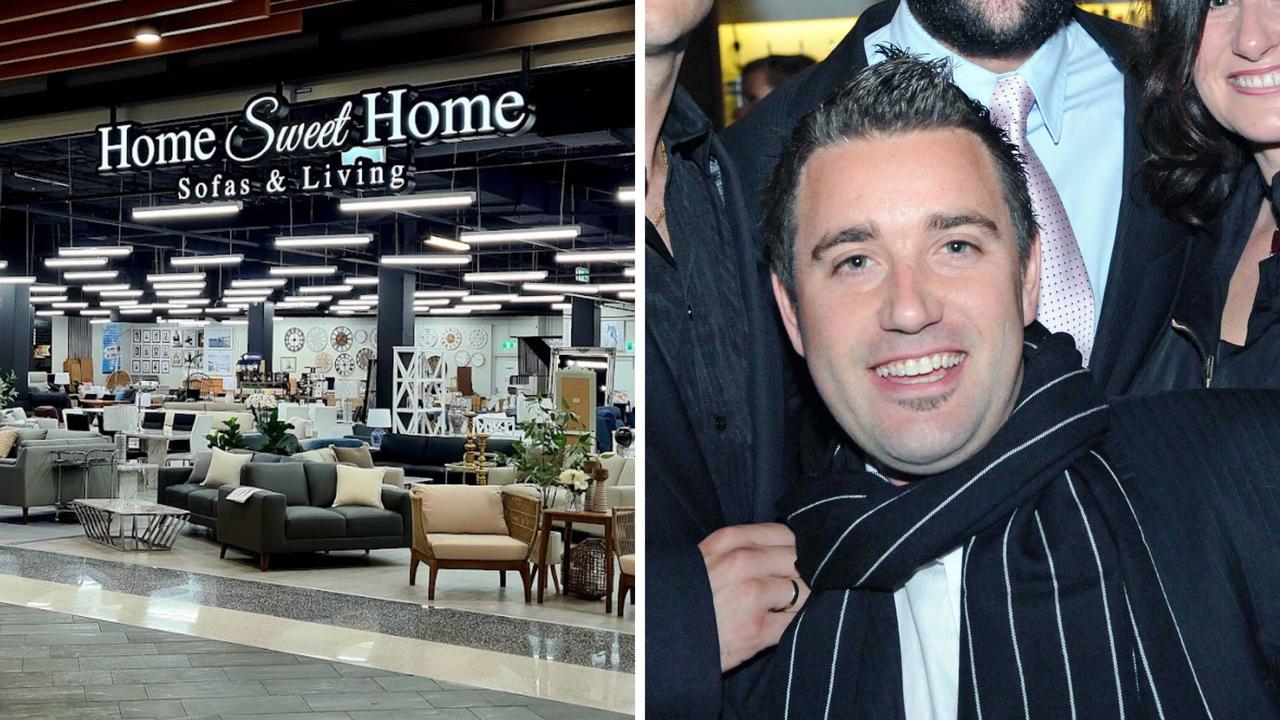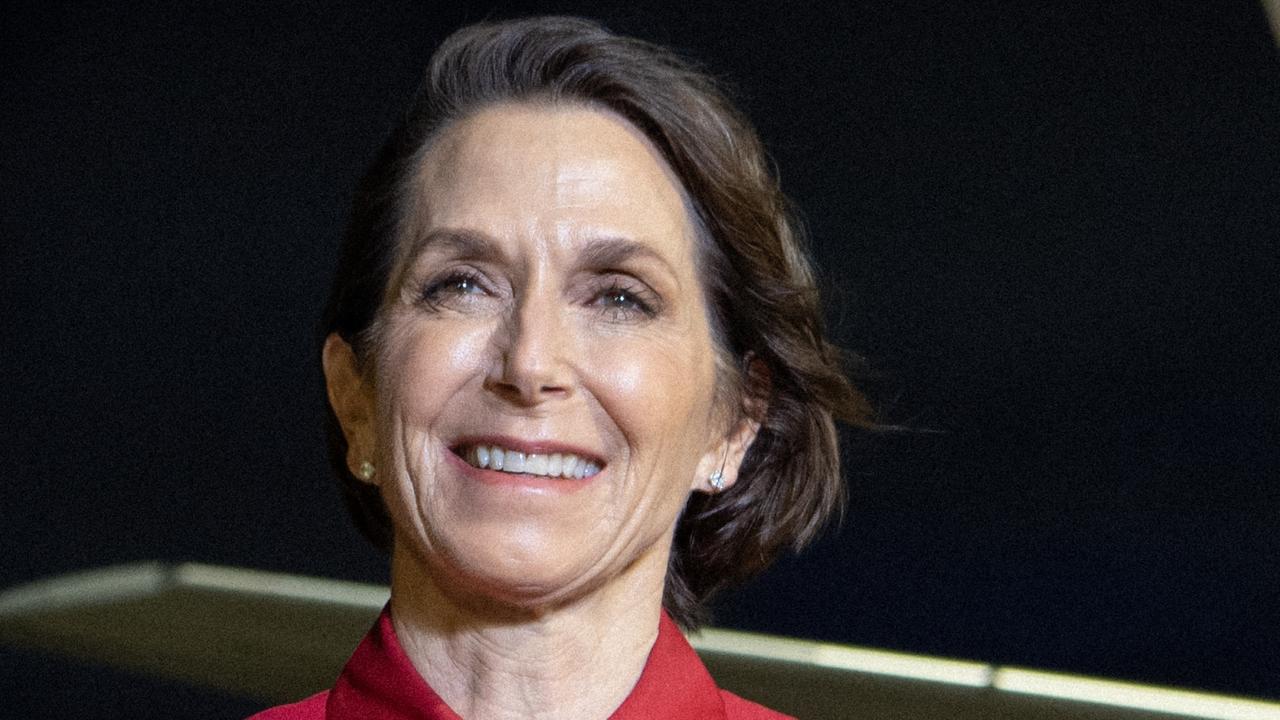Deliveroo rolls out dynamic distance pricing for customers and riders
Food delivery company Deliveroo has introduced a new feature for riders and customers it describes as a “win, win” for everyone.

Food delivery company Deliveroo has ditched its flat $5 delivery fee in favour of dynamic pricing based on the restaurant’s distance to the customer.
As a result of the variable fees introduced last month, which range from as low as $2.95 to a maximum of $6.95, Deliveroo says “more than 50 per cent” of customers are now paying less than they were before.
It comes after the company in May expanded its delivery radius from 2km to up to 6km, increasing the choice of restaurants for users but sparking complaints from riders about the much longer journeys resulting in fewer completed orders.
Country manager Levi Aron said Deliveroo had since implemented a dynamic distance loading in addition to pick-up and delivery, with average fees paid to riders now 10 per cent higher as a result.
“The whole driver behind it is to really increase volume for our restaurants,” Mr Aron said. “We look at our data very carefully, and not only are customers ordering more, but it’s increasing their purchase at the checkout.”
Mr Aron conceded Deliveroo’s fee revenue had “taken a little bit of a hit” but said it was a “win, win, win” for customers, restaurants and riders.
“When we first launched in Australia in 2015 we had very conservative delivery areas,” he said. “Over the last couple of years a lot of work has gone into packaging, food can travel better, but also customers want more choice.”
On average the number of restaurants available to customers has more than doubled since May, with some able to see up to 700 in the app. “Wherever possible we want to increase the selection,” Mr Aron said.

Deliveroo, which now has 7000 restaurants on its book and more than 6500 riders, made a $4.2 million loss last financial year despite $41.2 million in revenue and a $20.7 million support payment from its UK parent company, The Australian Financial Review reported.
At the time, Mr Aron said the payment was not a rescue mission. The loss was attributed to Deliveroo’s heavy investment in its so-called “dark kitchens”.
The company got a surprise shot in the arm in August when rival Foodora abruptly announced it was exiting the country. UberEats and Menulog hold 70 per cent of the market, according to IBISWorld, with Deliveroo and Foodora scrapping for the remainder.
Mr Aron said the company had held “round tables” with some of Foodora’s 41 staff and 1000 riders, some of whom had “come across to Deliveroo”.
Foodora, owned by the German listed firm Delivery Hero, was accused of fleeing Australia leaving employees with millions of dollars in unpaid wages and two looming legal matters brought by Australia’s workplace cops.
An unfair dismissal case before the Fair Work Commission and a sham contracting case brought by the Fair Work Ombudsman were broadly seen as test cases for whether so-called “gig economy” workers should be correctly classified as employees.
At the time of Foodora’s exit, some analysts questioned whether the entire business model of food delivery industry was in jeopardy.
Mr Aron disagreed, saying Deliveroo’s revenue increased by 350 per cent in 2017 and was expected to triple again this year as it expanded into new areas. “The opportunity here is huge,” he said. “We look at Australia as a very large market.”
While he couldn’t comment on Foodora’s legal matters, he said the Fair Work Ombudsman had “looked into Deliveroo’s model in the past and has not raised concerns in terms of what they’ve raised with Foodora”.
“The whole conversation around the future of work is something we would very much like to be a part of, that’s why we entered the public debate with a submission to the Senate inquiry,” Mr Aron said.
“We have a strong view that we want to end the trade-off between flexibility and security. Workers should be allowed to accrue benefits on the basis of work performed rather than ordinary hours of work. For us it’s a pretty straightforward concept.”




